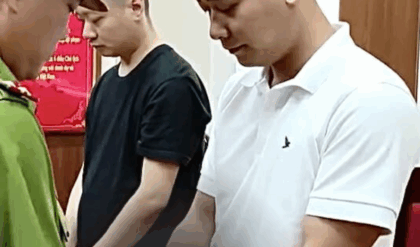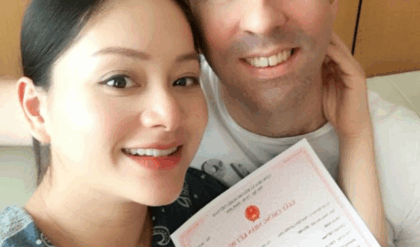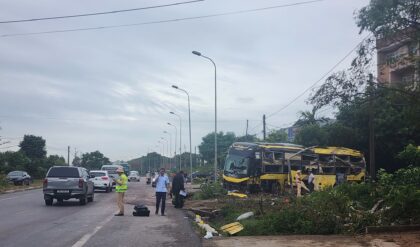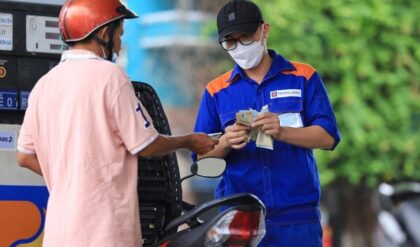In this report, we delve into a significant and harrowing chapter in the life of the legendary Amitabh Bachchan, a prominent figure in Indian cinema. The incident occurred in the early 1980s during the filming of the movie “Coolie.” On August 2, 1982, Amitabh faced a near-fatal accident that left him critically injured and hospitalized for several days in the ICU, with the entire nation praying for his recovery.
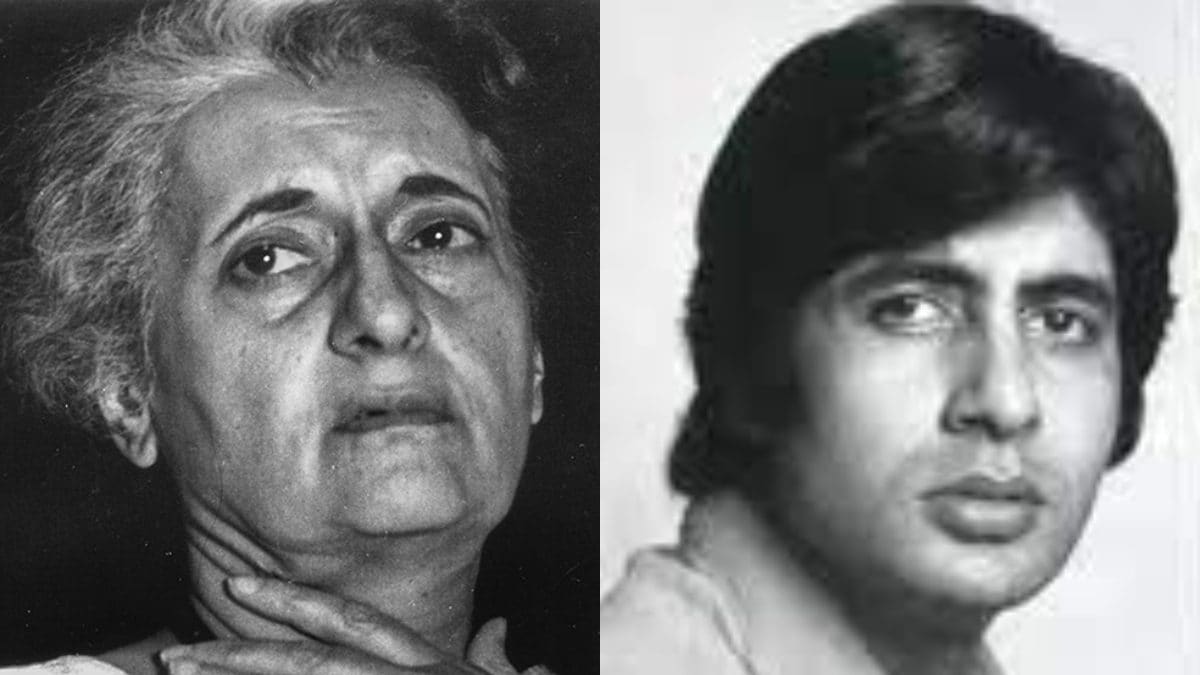
The details of this tragic event were later shared by Bachchan’s father-in-law, Tarun Kumar Bhaduri, in an article written for the Illustrated Weekly of India in 1989. Bhaduri recounted the harrowing moments following the accident, describing how the family reacted to Amitabh’s critical condition. He vividly remembered the emotional turmoil when Indira Gandhi, the then Prime Minister of India, visited the hospital. She was moved to tears upon seeing Amitabh, whose condition was severe, lying on a hospital bed with tubes connected to him, appearing frail and unresponsive.
The backdrop of the incident was marked by a sense of national concern, as Amitabh was not just a film star; he was a cultural icon, beloved by millions across the country. The outpouring of prayers and support was unprecedented, with people from all walks of life uniting in hope for his recovery.
During his stay in the ICU, Amitabh’s family faced immense anxiety. His wife, Jaya, was particularly affected, collapsing upon seeing her husband’s frail state. As Bhaduri narrated, Amitabh himself struggled to cope with his condition, expressing his inability to sleep during those agonizing nights. Indira Gandhi’s visit was a poignant moment, as she tried to console him, telling him that it was normal to have sleepless nights, and urging him to rest.
After several weeks of treatment, Amitabh finally recovered and expressed profound gratitude to his fans for their unwavering support and prayers. In a heartfelt interview with Doordarshan, he emphasized the collective effort of people from diverse religious backgrounds who prayed for him, recognizing their kindness even though he did not personally know many of them.
Bhaduri, who was initially skeptical about the power of prayer, eventually acknowledged the extraordinary support Amitabh received. He believed that while the doctors played a crucial role in his recovery, the collective prayers from the nation were equally significant. However, he also pointed out a paradox: had Amitabh not survived, the doctors would have been blamed for negligence. This reflection highlighted the complex dynamics between faith, medicine, and public perception during crises.
In the aftermath of the incident, Amitabh Bachchan’s relationship with his in-laws deepened significantly. Initially, there were tensions, particularly regarding his career choices in the film industry, which were met with skepticism by Jaya’s father, a journalist. However, the traumatic experience of the accident transformed their relationship, fostering a bond of gratitude and respect.
Bachchan’s accident was not merely a personal ordeal; it united the country in a way that few events have done. The solidarity displayed by the public showcased the power of collective hope and belief in the face of adversity. This incident remains a testament to Amitabh’s resilience and the indelible mark he has left on Indian cinema and society.
In conclusion, the 1982 accident was a pivotal moment not just in Amitabh Bachchan’s life but also in the cultural fabric of India. It illustrated the intertwining of personal struggles and national sentiments, as the country rallied together in support of one of its most cherished figures. The incident continues to resonate, reminding us of the strength of hope, love, and community in overcoming life’s greatest challenges.


